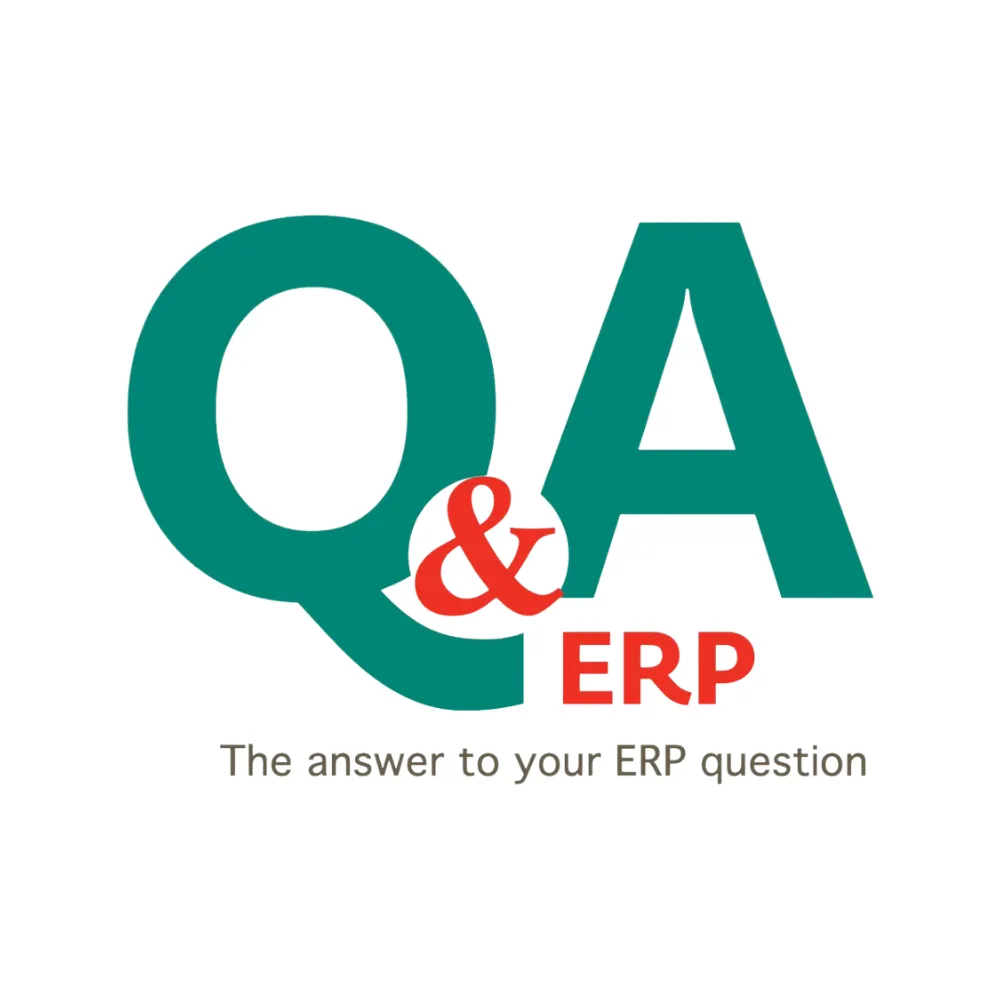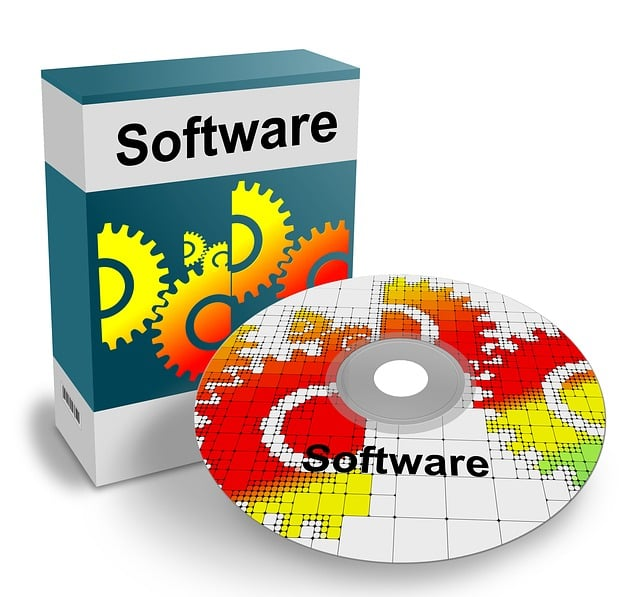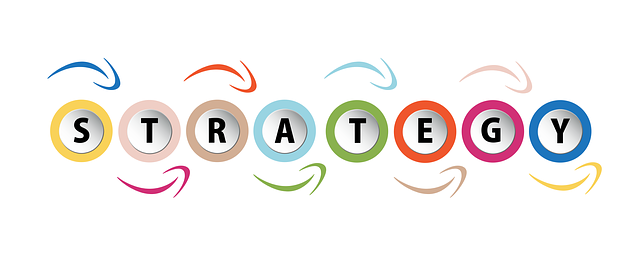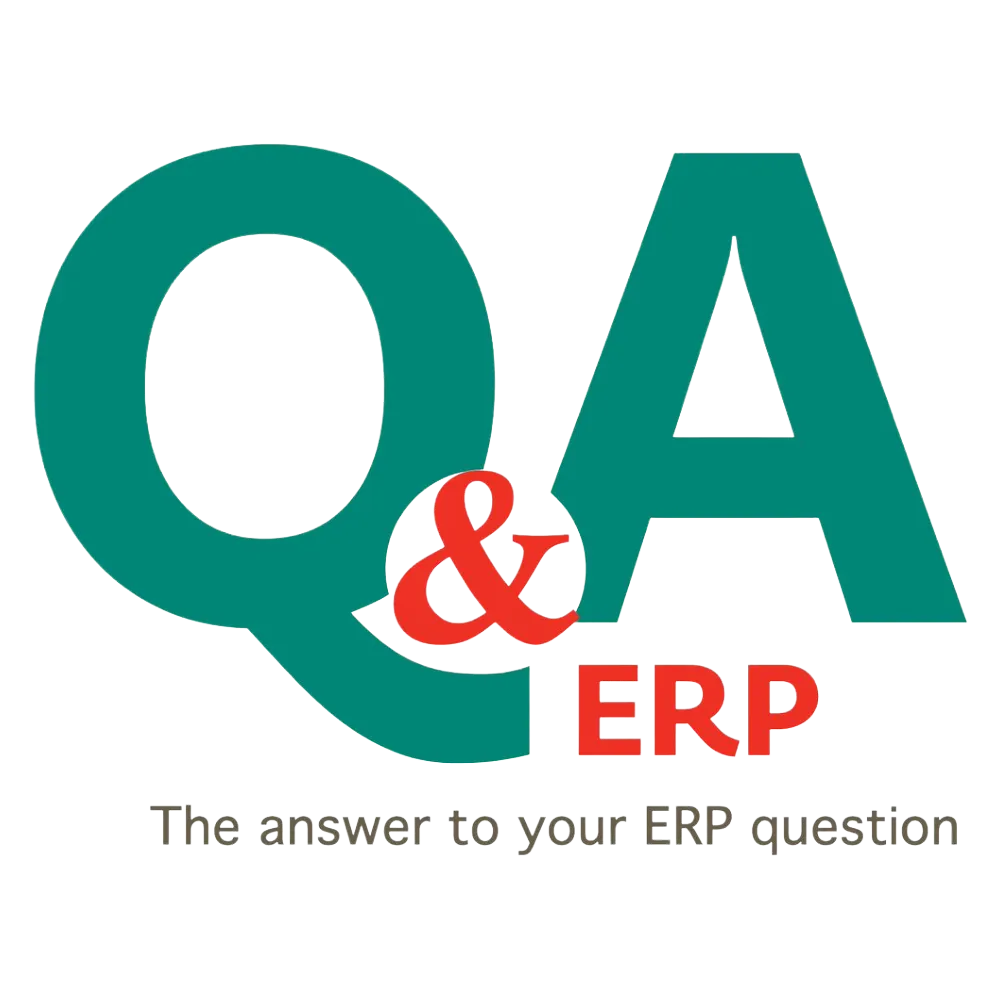
A Comparative Examination of Oracle NetSuite and Sage Intacct: Navigating the ERP Landscape
A Comparative Examination of Oracle NetSuite and Sage Intacct: Navigating the ERP Landscape
Topics:
Introduction to Enterprise Resource Planning (ERP) Systems
NetSuite and Sage Intacct: A Juxtaposition of Histories and Acquisition Tales
Domain Specialization: Industry-wise Analysis of NetSuite and Sage Intacct
A Deeper Dive: Core Differences Between Sage and NetSuite
Feature Analysis: The NetSuite and Sage Intacct Matrix
Observing the Subledger Architecture
An Investigation into Platform and Integration Variabilities
A Look at Implementation Services
An Informed Approach Towards ERP Selection
Executive Summary
The metamorphosis of the global economic landscape has steered many enterprises towards a transition from on-premise Enterprise Resource Planning (ERP) to cloud-based systems. Amid this shift, two companies stand out prominently - Oracle NetSuite and Sage Intacct. Both are making strides in harnessing cloud technologies to offer comprehensive cloud ERP solutions. This paper presents a detailed comparative analysis of these two stalwarts, examining their histories, acquisitions, industry specializations, key differences, and unique features. It further elucidates their respective takes on subledger architecture and their approaches towards integration, platform development, and implementation services.

1. Introduction to Enterprise Resource Planning (ERP) Systems
Enterprise Resource Planning (ERP) systems are sophisticated software suites developer platforms that facilitate the automation of diverse business operations such as financial accounting, inventory management, customer service, supply chain, and marketing, among others. Built on an integrated database, and hardware and data centers these various resource management systems allow seamless inter-departmental collaboration and comprehensive reporting capabilities. Notably, they can also include e-commerce functionalities, making them integral to the strategic apparatus of many U.S.-based firms.
2. NetSuite and Sage Intacct: A Juxtaposition of Histories and Acquisition Tales
Oracle NetSuite and Sage Intacct, despite operating under the same technological umbrella of cloud-based ERP, were founded under distinct circumstances and later acquired by larger entities. NetSuite was the brainchild of Evan Goldberg, an Oracle alum, and began as a pioneer in the Software as a Service (SaaS) model. the Sage Intacct, accounting software platform, on the other hand, was conceptualized by David Chandler Thomas as a suite of business accounting application software for small to mid-size companies. The acquisition tales of these firms further narrate the strategic moves of Oracle and Sage Group in order management consolidating their positions in the ERP market.

3. Domain Specialization: Industry-wise Analysis of NetSuite and Sage Intacct
While both NetSuite and Sage Intacct cater to multiple industries, their focuses diverge on what they term as “micro-verticals.” NetSuite offers customized versions accounting software for industries like apparel, footwear, and accessories, whereas Sage Intacct emphasizes optimal fit and high satisfaction across industries. Understanding these industry specializations can guide potential users in aligning their software choices with their business units' unique, operational and financial data requirements.
4. A Deeper Dive: Core Differences Between Sage and NetSuite ERP
Despite sharing commonalities, NetSuite and Sage Intacct differ at a fundamental level. NetSuite operates as a holistic package encompassing various functionalities like Customer Relationship Management (CRM), while Sage Intacct prioritizes a philosophic approach, focusing primarily on cloud accounting capabilities. These core differences, coupled with the spectrum of integrations offered by both platforms, underscore the necessity for careful deliberation during the software selection process.

5. Feature Analysis: The NetSuite and Sage Intacct Matrix
An in-depth feature comparison reveals clear distinctions between NetSuite and Sage Intacct. The analysis ranges from their abilities to handle international operations, the sophistication of their tax and reporting standards real time data,, and analytics capabilities, the breadth of production and other supply chain management functionalities, to their offerings in professional services automation. Understanding these feature differences can equip businesses to make well-informed software decisions.
6. Observing the Subledger Architecture
The choice between a single database system and a subledger system is another crucial decision point for businesses. NetSuite adopts the former, maintaining real-time transactions and delivering comprehensive data centers records separate business unit. In contrast, Sage Intacct employs a subledger approach to financial management, segmenting transactions by type and subsequently batching them into the general ledger oracle database.

7. An Investigation into Platform and Integration Variabilities
Both NetSuite and Sage Intacct are developer-friendly platforms offering comprehensive Application Programming Interfaces (APIs) and integration possibilities. However, differences emerge in their respective abilities to accommodate custom forms, underscoring the need for businesses to consider integration capabilities in line with their unique operational demands core business processes.
8. A Look at Implementation Services
While cloud computing eliminates the need for in-house systems, cloud based ERP systems implementations can be challenging. Both NetSuite and Sage Intacct offer entry level accounting systems implementation services but with differing approaches. Understanding these differences can help businesses optimize their software adoption process.

9. An Informed Approach Towards ERP Selection
In conclusion, while both Oracle NetSuite and Sage Intacct offer potent cloud-based ERP solutions, their nuanced differences indicate that the choice between the two should be guided by an organization's unique needs. This analysis, therefore, contributes to a more granular understanding of both platforms. By unpacking the historical evolution, strategic acquisitions, industry focus, core functionalities, and implementation procedures of Oracle NetSuite and Sage Intacct, we have shed light on their respective strengths and areas of specialization.
While Oracle NetSuite excels in offering a comprehensive suite of financial management functionalities and advanced international management project accounting capabilities, Sage Intacct is distinguished by its strong industry focus and robust cloud accounting services. The subledger architecture of Sage Intacct could prove advantageous for businesses requiring segmented financial data center and transactions, whereas Oracle NetSuite's real-time, single database system offers a holistic view of financial records global operations.
Moreover, software vendor maintains their platform and integration possibilities, while both extensive, should be considered in the context of specific business needs for customization project management and integration. Finally, in terms of implementation services, businesses should take into account their internal capabilities and the level of quality technical services of assistance required from the software provider.
In summary, the choice between Oracle NetSuite and Sage Intacct should not be guided by a simple comparison of features. Instead, it should be a strategic decision, influenced by a comprehensive understanding of the business's unique requirements and the software's abilities to meet these demands. This analysis has aimed to provide an impartial perspective on these two leading ERP software solutions, contributing to a more informed decision-making about business process outsourcing. Future research should continue to explore the rapidly evolving landscape of cloud ERP software providers to provide businesses with the most current and comprehensive insights.

10. Implications for Future Research
The ERP software landscape is characterized by rapid technological advancements and evolving user needs. It is, therefore, incumbent upon researchers to continue providing up-to-date, comprehensive, and impartial analyses of leading ERP solutions. This ongoing research effort will further refine our understanding of these software platforms and ensure businesses have access to the most current and relevant information for their decision-making processes.
Conclusion
A careful evaluation of Oracle NetSuite and Sage Intacct reveals that both offer robust cloud-based ERP solutions, albeit with nuanced differences. The choice between the two should be guided by an organization's unique needs, industry alignment, and specific use-case scenarios.
More than just a feature-by-feature comparison, it is important to consider the strategic fit of the software with the organization's operations and long-term growth plans. By leveraging the expert insights presented in this analysis, enterprises can make informed decisions that optimally align with their operational demands, financial processes and strategic vision.
Our analysis indicates that both Oracle NetSuite and Sage Intacct offer powerful and more robust ERP systems, and solutions that can meet the diverse needs of modern businesses. Yet, as with any significant investment, organizations should thoroughly assess their unique needs, resources, and growth plans before choosing an ERP solution.
Both NetSuite and Sage Intacct have proven track records, mature products, and the backing of large parent companies, but they also have distinct focuses and strengths. NetSuite's comprehensive suite of functionalities, advanced international management capabilities, real-time financial data processing, and robust professional services automation present a compelling proposition for businesses seeking an all-encompassing ERP solution. On the other hand, the Sage Intacct accounting platform's strong industry focus, robust cloud accounting and financial services construction, and subledger architecture can offer tailored and effective solutions for businesses with specific industry needs and segmented financial transactions.
Furthermore, both solutions offer more advanced reporting capabilities, warehouse management capabilities and extensive customization and integration capabilities, but the ease of implementation and the level of assistance required from the software provider can vary significantly between the two. Therefore, businesses should also consider their internal capabilities and the level of assistance they may need during the implementation process when deciding between the two solutions.

Purpose
This paper has provided a balanced, in-depth comparison of Oracle NetSuite and Sage Intacct. It serves as a useful guide for businesses in their true cloud ERP implementation and solutions selection process by providing an impartial perspective on these two leading solutions. However, the rapidly evolving cloud ERP systems landscape warrants continued research and analysis to keep pace with technological advancements and changing user needs. Further research in this area will ensure businesses continue to have access to the most up-to-date, comprehensive, and unbiased information for their true cloud ERP solutions and software selection.
Next Steps
Ultimately, the decision between Oracle NetSuite and Sage Intacct, like any strategic business decision, should not be based solely on a simple comparison of features financial performance. Instead, it should be grounded in a comprehensive understanding of the organization's unique needs and the software's capabilities to meet these demands.
Are you struggling to find the right ERP software that matches your business case and strategy? Don't worry, we've got you covered!
Meet Dudley Peacock, our ERP expert who can guide you through the process of selecting the best-fit ERP software for your business. With years of experience in the field human capital management, Dudley has helped many businesses like yours to streamline their operations and improve their bottom line.

So, why wait? Schedule a call with Dudley today and get expert guidance on choosing the right ERP system for your business. Trust us, it's going to be an exciting and valuable experience that you don't want to miss!
Click on the link below to schedule your call now:

Dudley Peacock
A seasoned consultant with over 28 years of experience in post-merger integrations, Dudley Peacock, is renowned for his exceptional skill set. He adopts a unique and evidence-based approach, enabling companies to achieve sustainable growth and successful exits. With personalized solutions that effectively overcome integration challenges, Dudley delivers outstanding results with efficiency. Having worked in the USA, UK, Africa, and the Middle East, Dudley brings a wealth of experience in leading companies with diverse cultures. He is also the host of the popular ‘100 Days and Beyond Podcast,’ which features integration experts sharing their insights on the key factors that drive success. Dudley's passion for continuous learning is evident in his team's dedication to staying abreast of industry developments and adapting to changing demands. He values his team's well-being and personal growth, which directly translates to the quality of work they deliver for clients. Dudley prioritizes collaboration, opportunity, and inclusivity, making him a valuable partner for companies looking to navigate the integration process successfully. With Dudley's expertise, companies can trust they are in safe hands for achieving their integration goals.


Maximise the Efficiency of your Business with A Standardised ERP Solution




United Kingdom Address:
10 Harlow Gardens,
Kingston Upon Thames, KT1 3FF
South African Address:
1 Ngunis Street Southdowns,Centurion

dudley@erpsolutions.co.za
kurt@erpsolutions.co.za
helpdesk@erpsolutions.co.za
support@erpsolutions.co.za
accounts@erpsolutions.co.za

United Kingdom:
+44 77 823 67384
South Africa:
+27 11 754 1113
+27 11 754 1125
+27 60 080 1412
© Copyright 2023 Q&A Limited